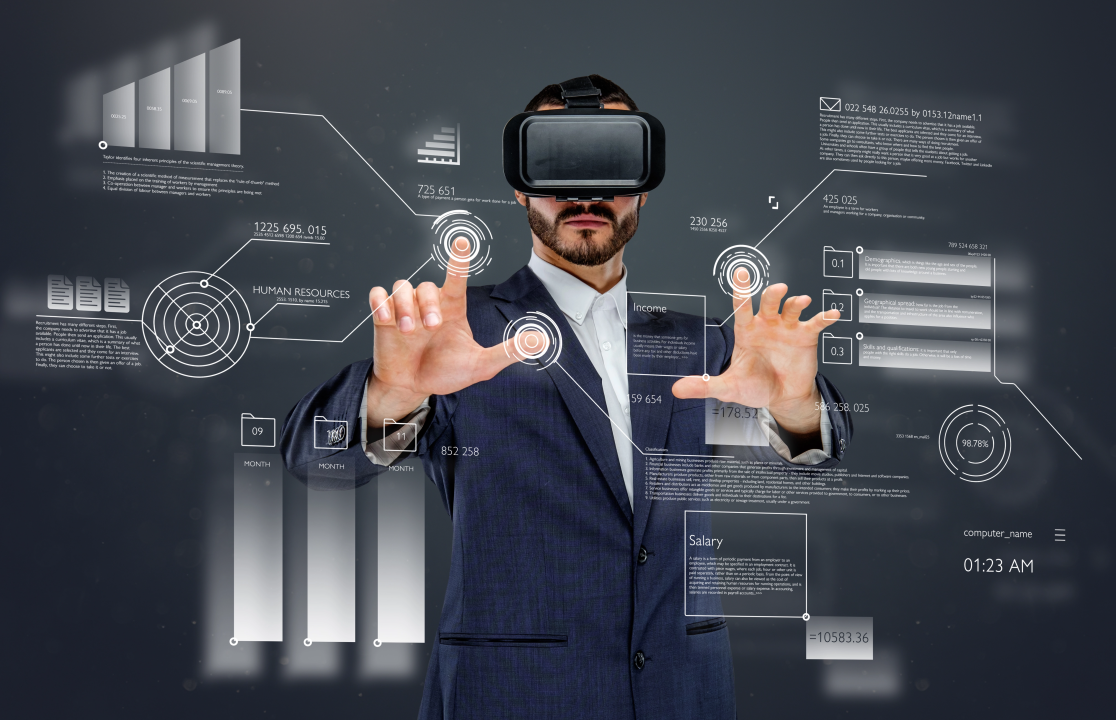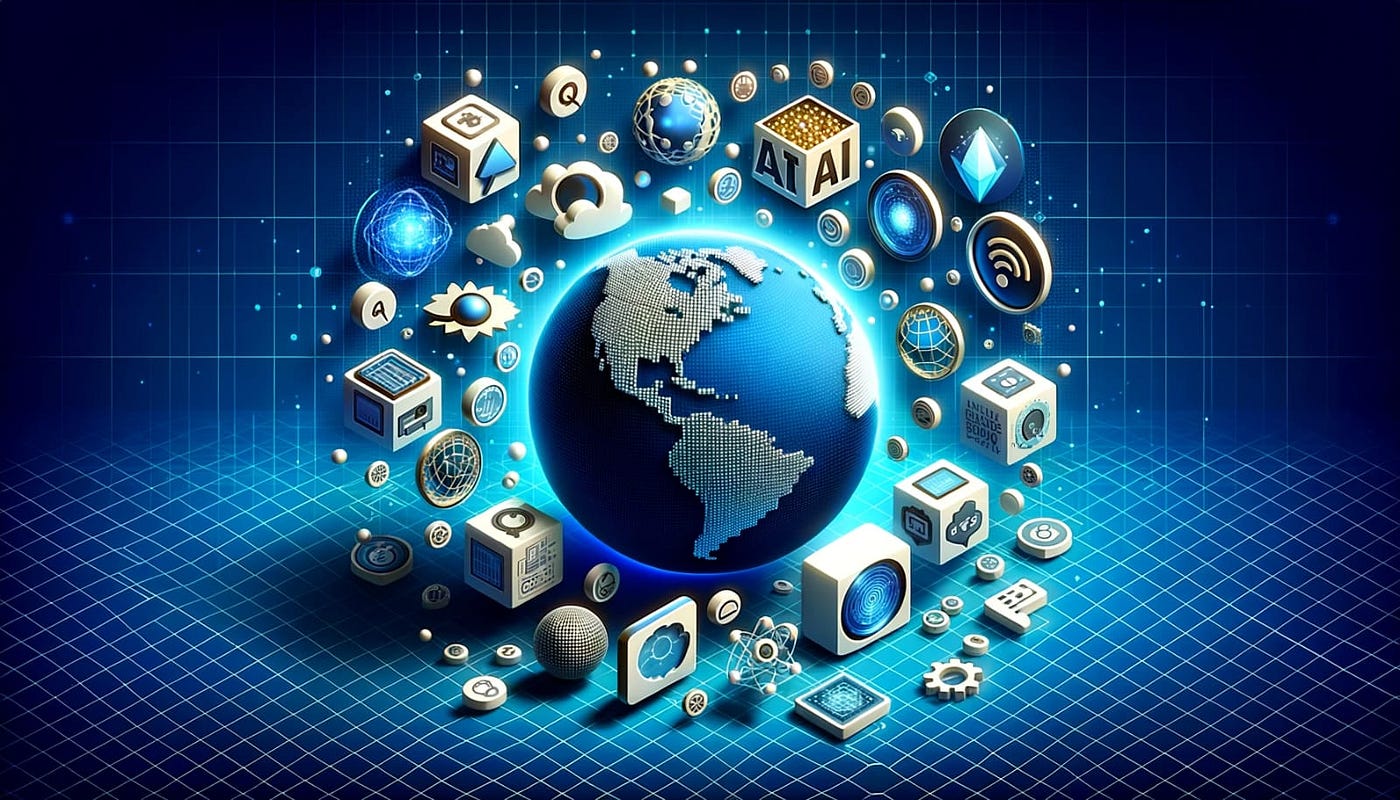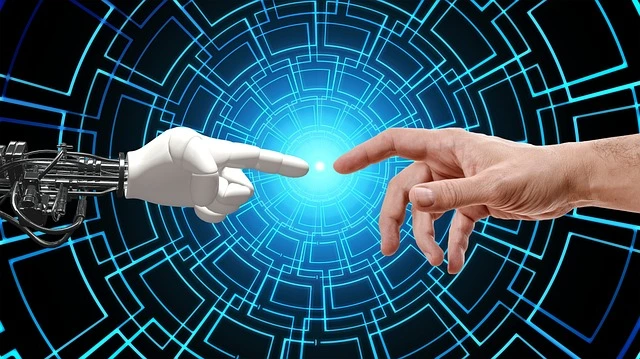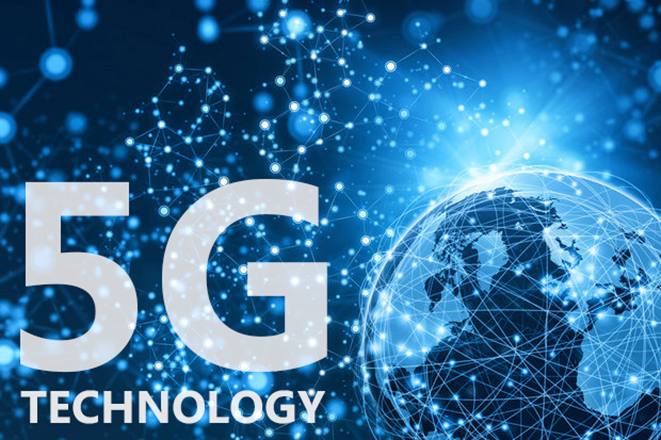As technology continues to evolve at a rapid pace, new innovations are shaping the future in ways we could have only imagined a few decades ago. From artificial intelligence (AI) to quantum computing, the latest advancements are not just changing industries—they’re revolutionizing the way we live, work, and interact with the world. This article explores the cutting-edge innovations that are leading the way and transforming the future of technology.
1. Artificial Intelligence and Machine Learning
Artificial intelligence and machine learning are two of the most talked-about innovations in technology. AI is making remarkable strides in areas like natural language processing, image recognition, and autonomous systems. Machine learning, a subset of AI, enables systems to learn from data and improve over time. These technologies are revolutionizing sectors such as healthcare, finance, transportation, and customer service, by automating processes and improving decision-making.
2. Quantum Computing
Quantum computing is an emerging field that leverages the principles of quantum mechanics to process information in ways that traditional computers can’t. Although still in the early stages of development, quantum computers have the potential to solve problems that are currently impossible for classical computers, such as simulating molecular structures for drug discovery or optimizing supply chains in real time.
3. 5G Networks

The rollout of 5G technology is set to enhance internet speeds, reduce latency, and provide more reliable connections. This will have a profound impact on industries like healthcare, transportation, and entertainment. For example, 5G enables remote surgeries, faster data transfer for self-driving cars, and high-quality streaming in augmented reality (AR) and virtual reality (VR) applications.
4. Internet of Things (IoT)
The Internet of Things (IoT) is creating a world where devices are interconnected and can communicate with each other. From smart homes to industrial applications, IoT is revolutionizing everyday life. Smart thermostats, wearables, and connected appliances are becoming common, providing us with convenience, energy efficiency, and better data-driven insights into our daily habits.
5. Augmented Reality and Virtual Reality
Augmented Reality (AR) and Virtual Reality (VR) are rapidly gaining traction in sectors like entertainment, gaming, education, and even healthcare. AR enhances the real world by overlaying digital information, while VR immerses users in fully digital environments. These technologies are changing how we interact with digital content, creating more immersive and interactive experiences.
6. Blockchain and Cryptocurrency
Blockchain technology is disrupting industries by enabling secure, transparent, and decentralized systems. While originally designed for cryptocurrencies like Bitcoin, blockchain is now being applied to areas such as supply chain management, healthcare records, and voting systems. Cryptocurrency, too, is pushing the boundaries of traditional finance, offering decentralized and borderless alternatives to traditional banking systems.
7. Autonomous Vehicles
Self-driving cars and autonomous drones are set to change transportation and logistics. By combining AI, sensors, and advanced algorithms, these vehicles can operate without human intervention. This could lead to safer roads, reduced traffic congestion, and more efficient transportation networks.
8. Biotechnology and Genomic Engineering
Advancements in biotechnology, such as gene editing and CRISPR technology, are paving the way for breakthroughs in healthcare and medicine. These innovations have the potential to cure genetic diseases, improve agricultural yields, and even help with personalized medicine based on an individual’s genetic makeup.
9. Edge Computing
Edge computing brings data processing closer to the source, reducing latency and bandwidth usage. This is particularly important for applications requiring real-time data analysis, such as autonomous vehicles, healthcare monitoring systems, and industrial automation.
Read Also :-http://How is Technology Transforming Our Daily Lives?
10. Renewable Energy Technologies
The push toward clean, sustainable energy sources has led to innovations in solar power, wind energy, and battery storage technology. These advancements are helping to create a more sustainable future by reducing dependence on fossil fuels and enabling more efficient energy consumption.





